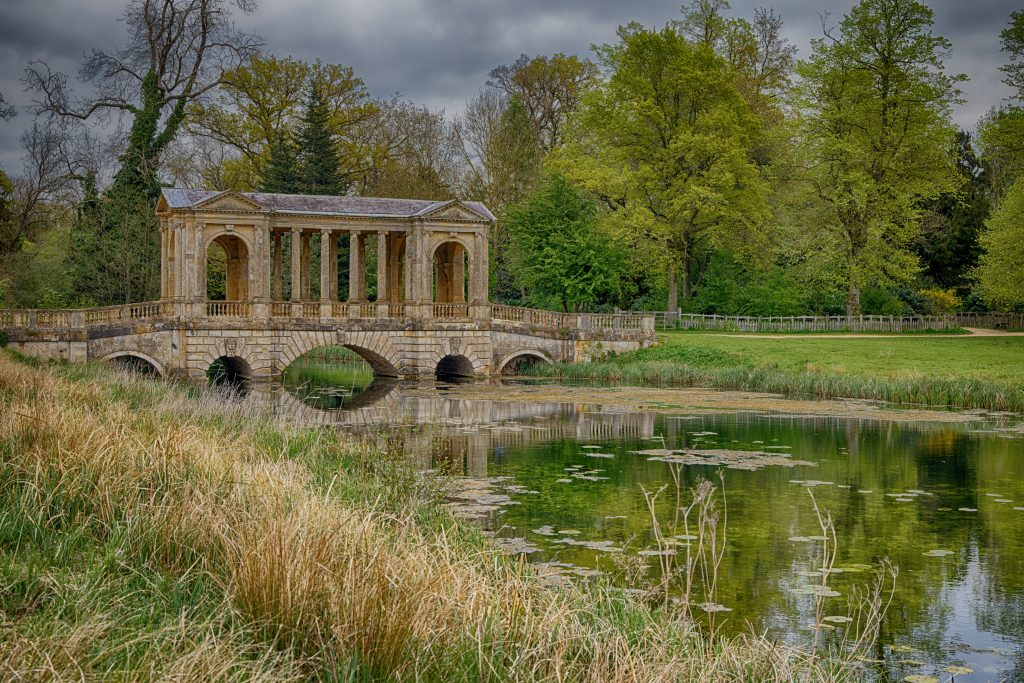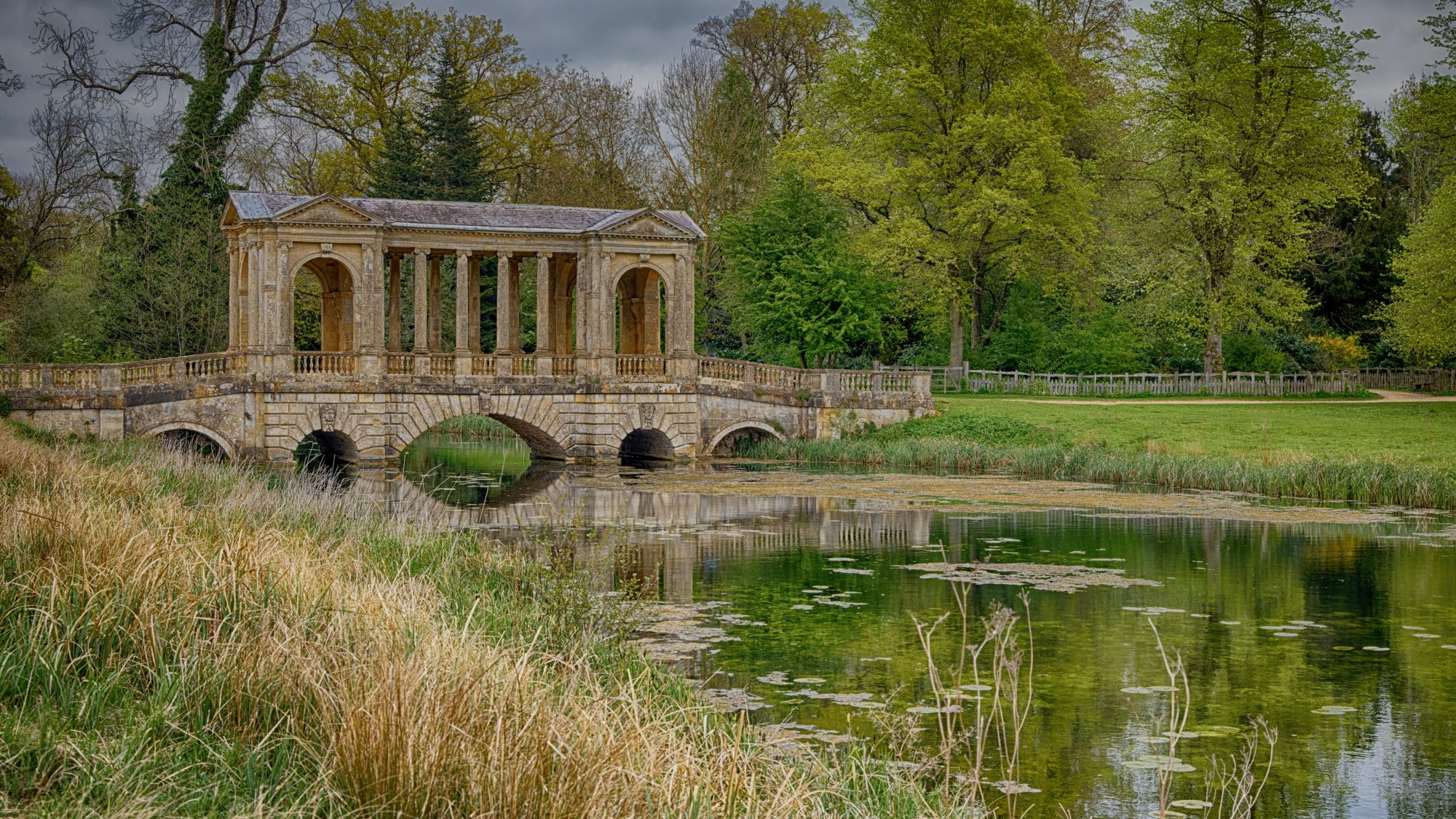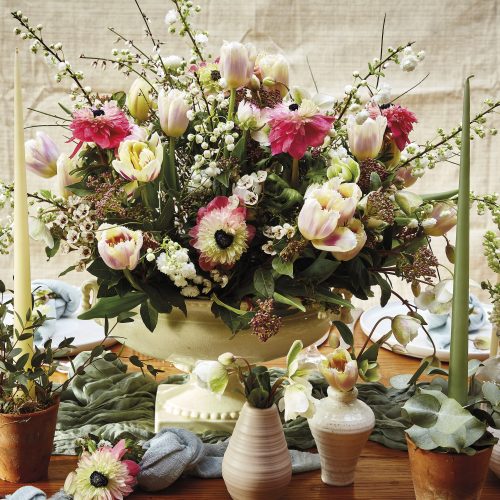Location: online
About the course
During the first part of the eighteenth century, the garden underwent a gradual transformation from geometric formalism to pastoral Arcadian idyll. This shift in landscaping style mirrored the political, intellectual and stylistic revolutions of the century, as authoritarianism was rejected in favour of something looser and more natural. Yet this complex and fascinating period of British garden history is frequently raced through, in a bid to reach the perceived apex of the style, and the minimal designs of Lancelot Brown and his contemporaries. This lecture focuses on the early informal landscape, and considers the fledgling ‘rural gardening’ style and ferme ornée promoted by men like Philip Southcote and Alexander Pope. It highlights the ingenuity of Stephen Switzer, who believed that the extortionate upkeep of geometric, axial designs could be solved simply by laying the whole country open to view. This notion ultimately transformed the way landscape was viewed forever, and encouraged every designer from Batty Langley to William Kent to embrace informality and build increasingly less structured gardens.
About the tutor
Laura Mayer is an independent lecturer and researcher. She holds an MA in Garden History and a PhD on eighteenth-century architecture and landscape design. Laura has worked on conservation projects for the National Trust, taught on academic courses and led groups around some of England’s most famous estates, including Highclere Castle, the setting for Downton Abbey. She has also published extensively, most notably on Capability Brown and Humphry Repton.
Bookings for this course will close on 28 May
Please note this is an online course. No specialist software is required to participate, but a device with a microphone and webcam will be needed. Full joining instructions will be emailed a few days before the date of the course.
This is a live course and will not be made available as a recording.

Please take the time to read our course cancellations and refunds policy.
Please note that once this course has been filled, you can email education@botanic.cam.ac.uk to be added to a waiting list.




